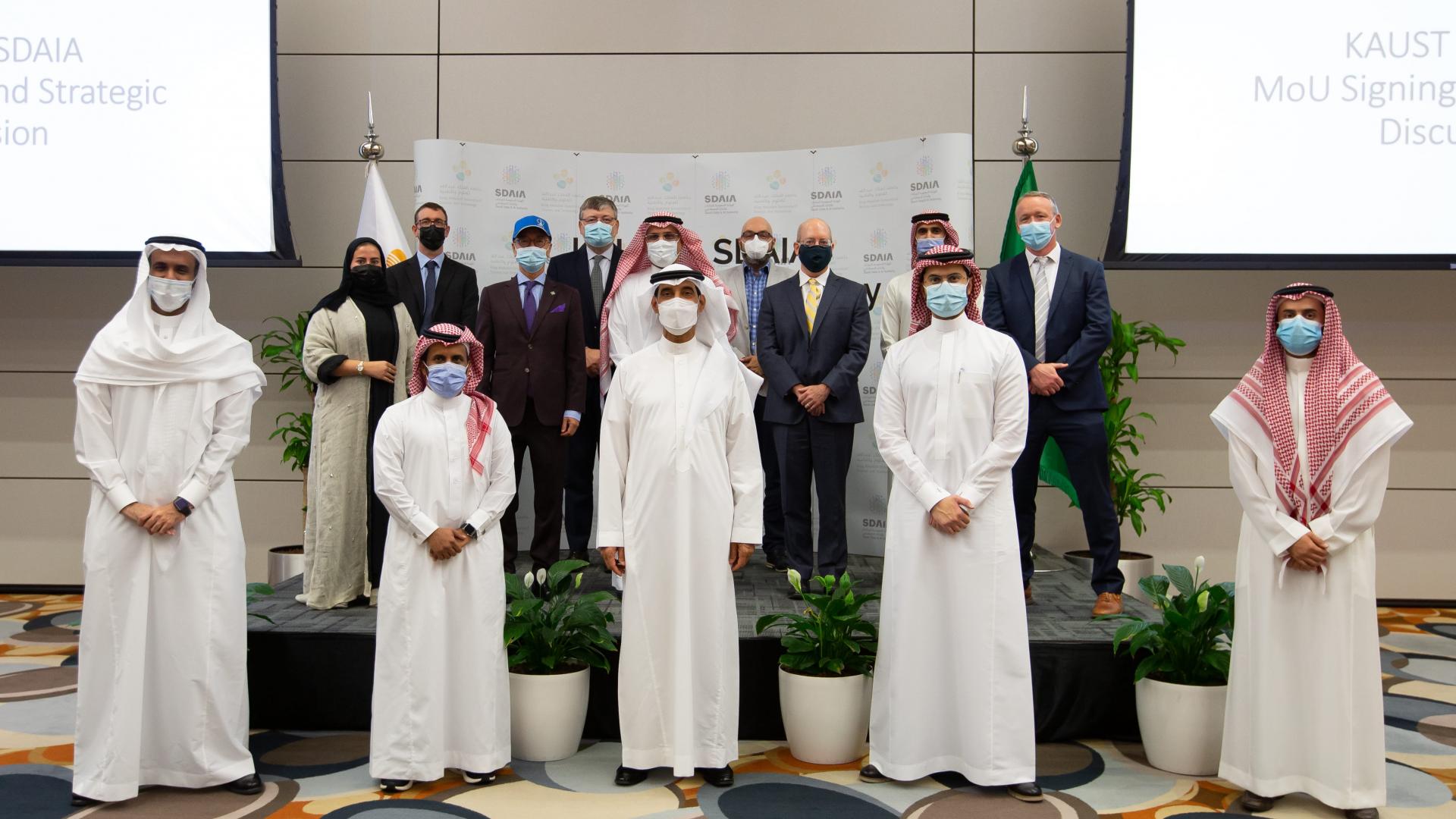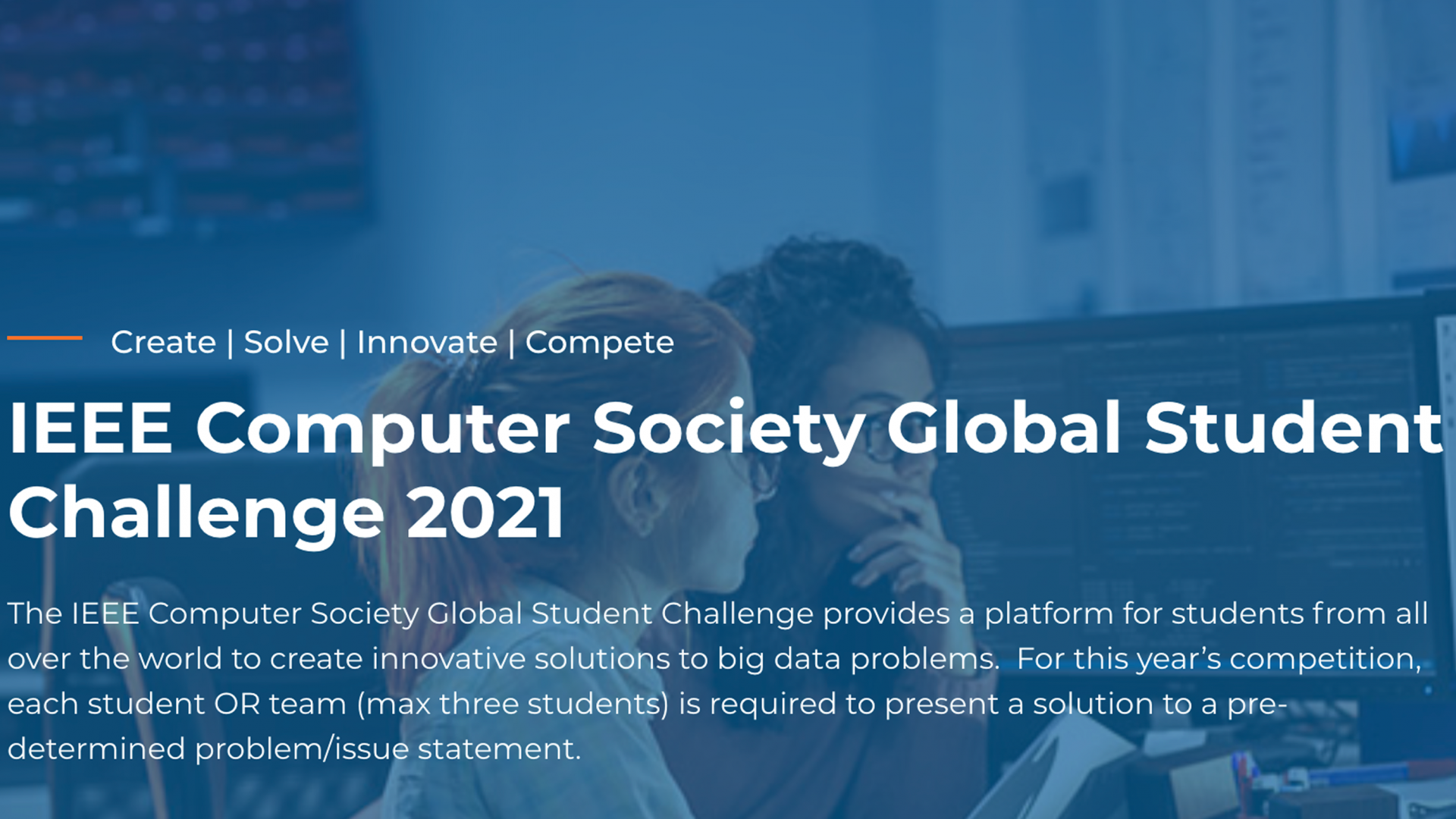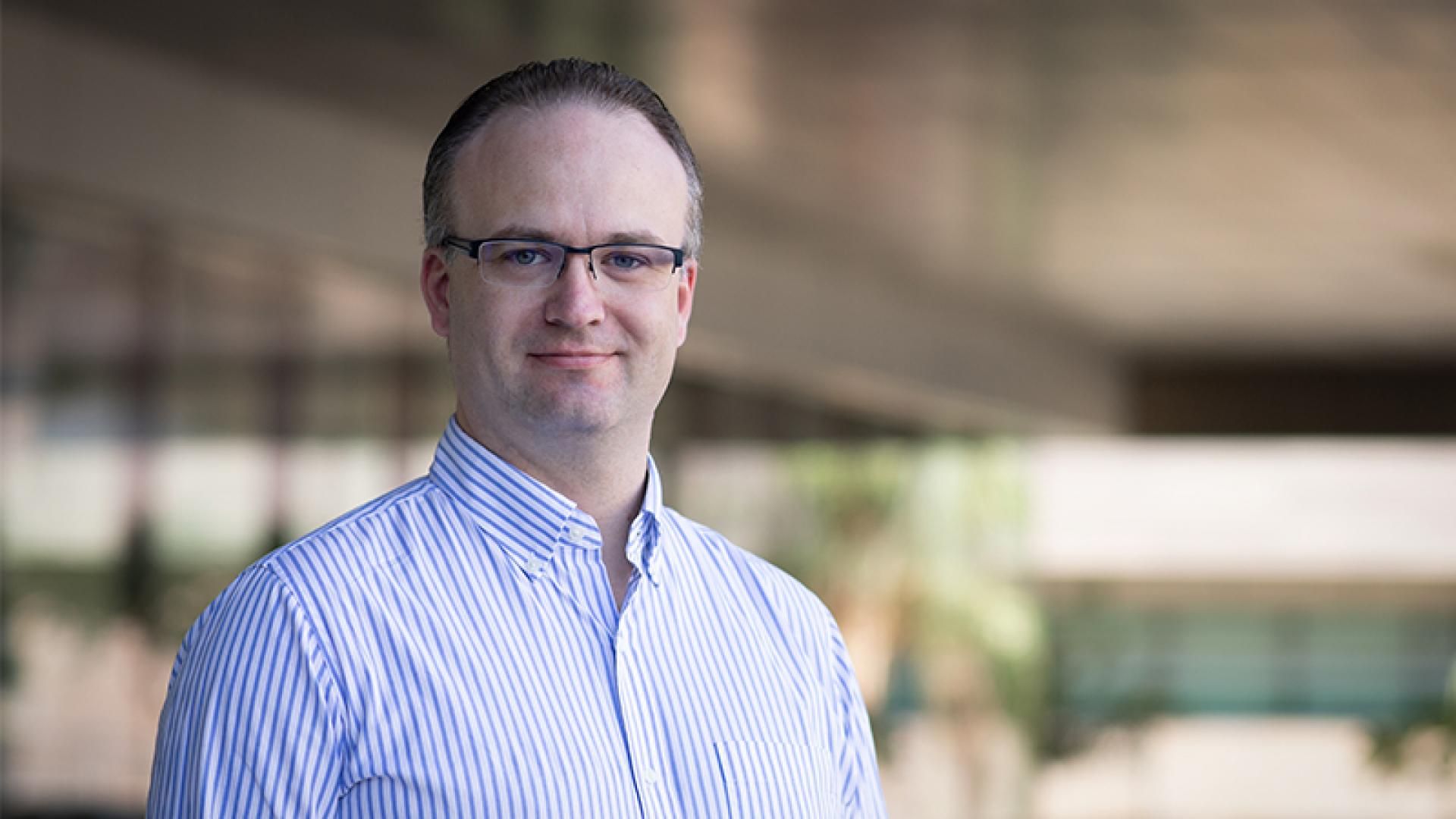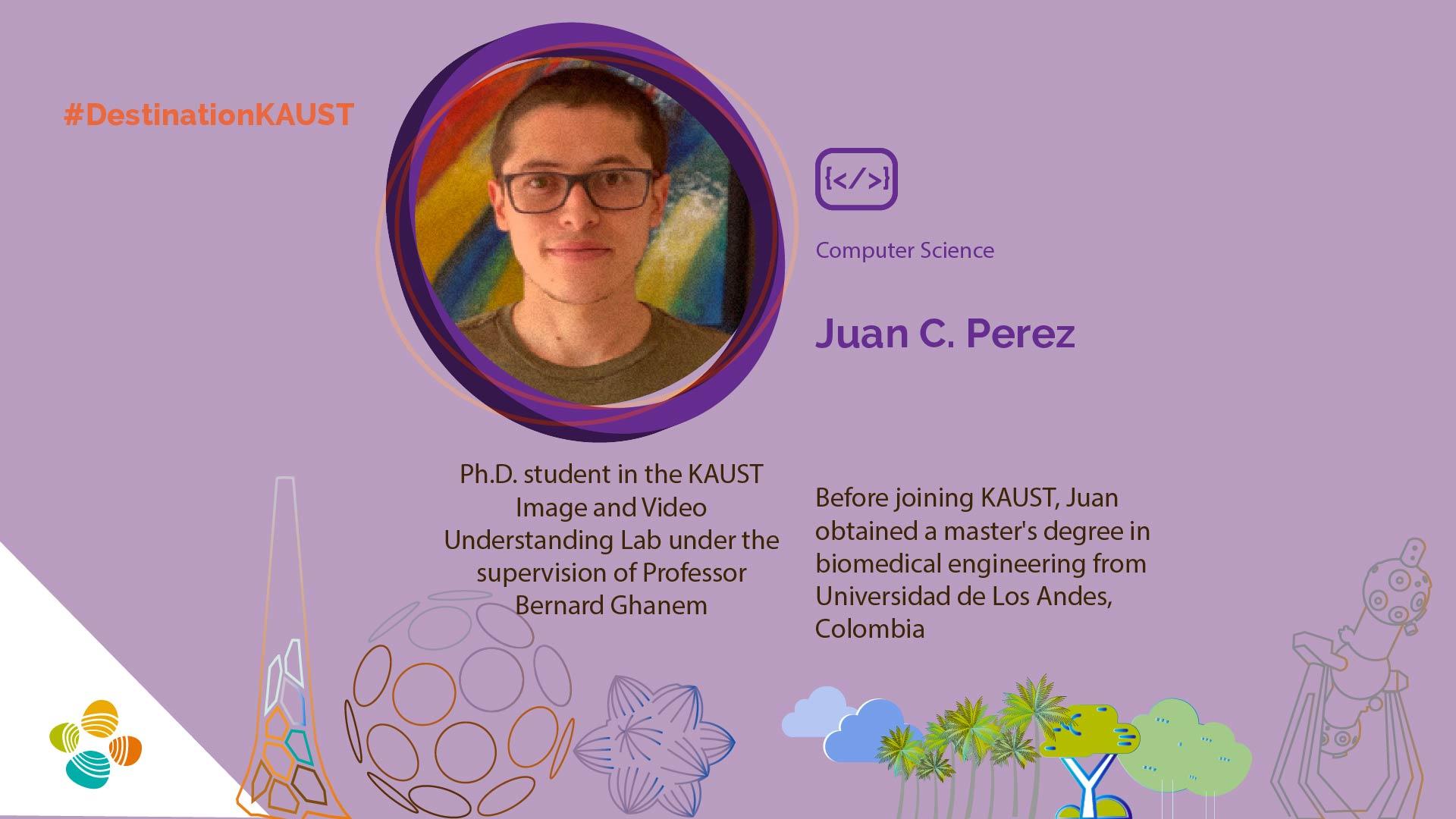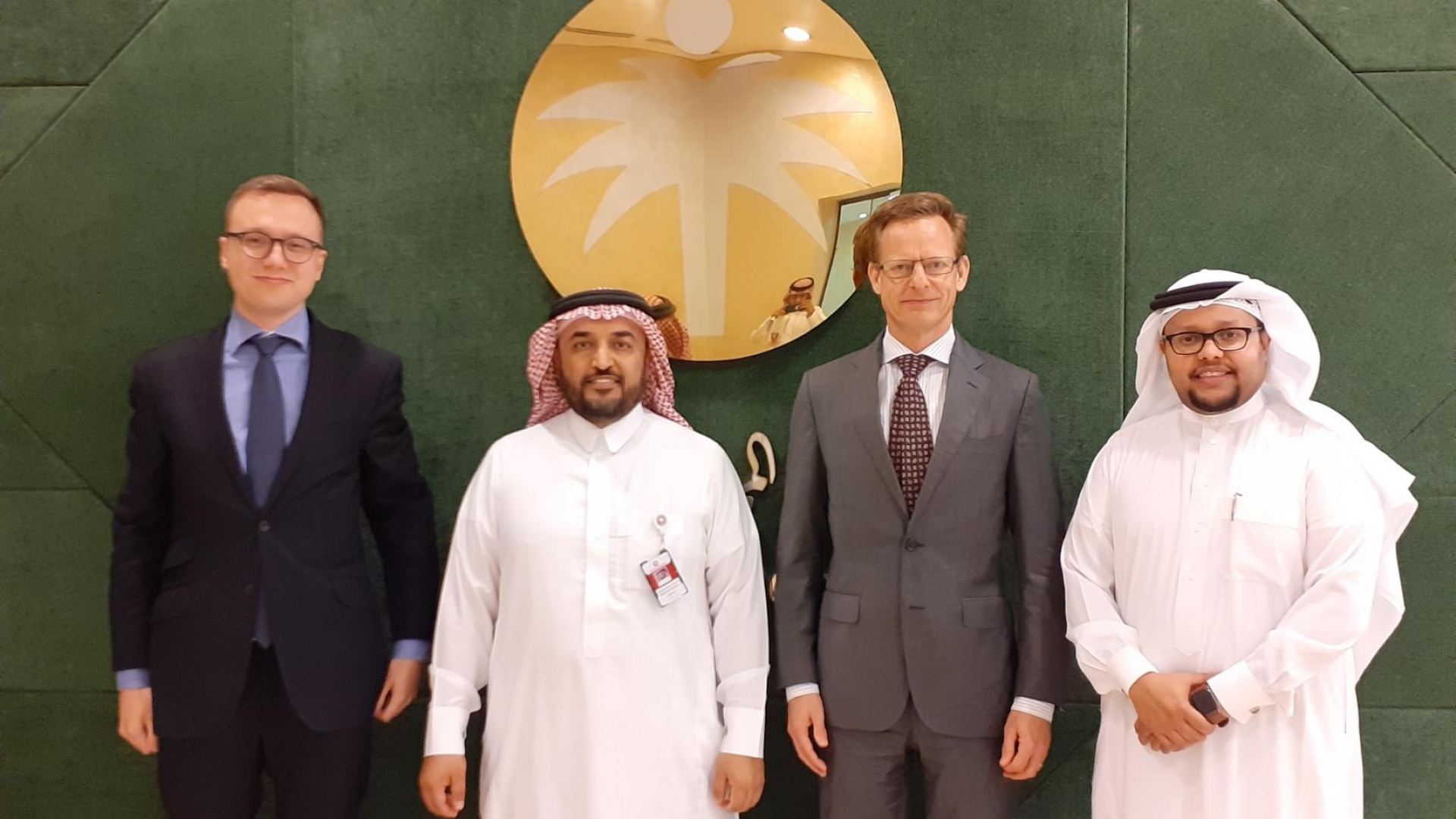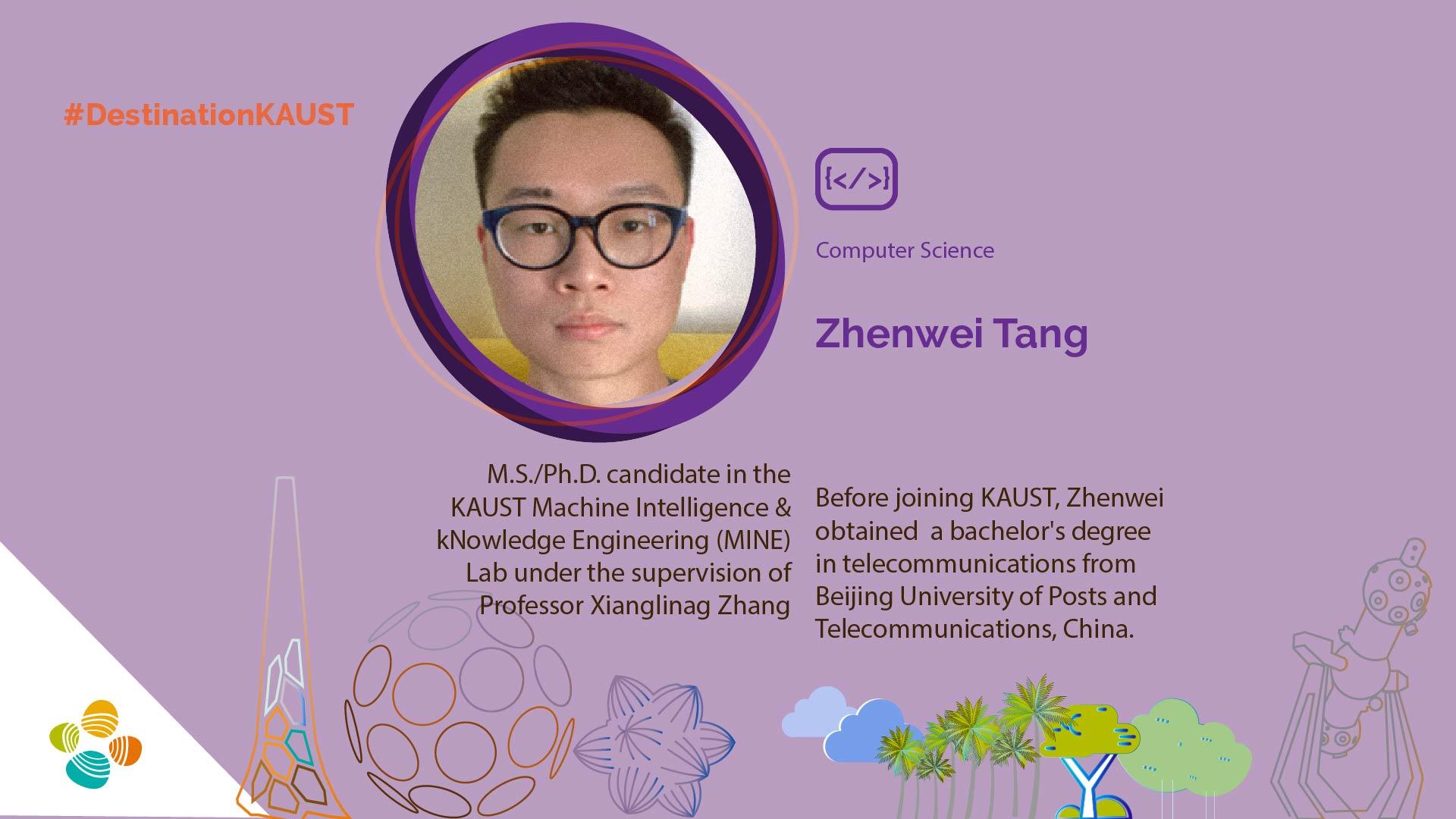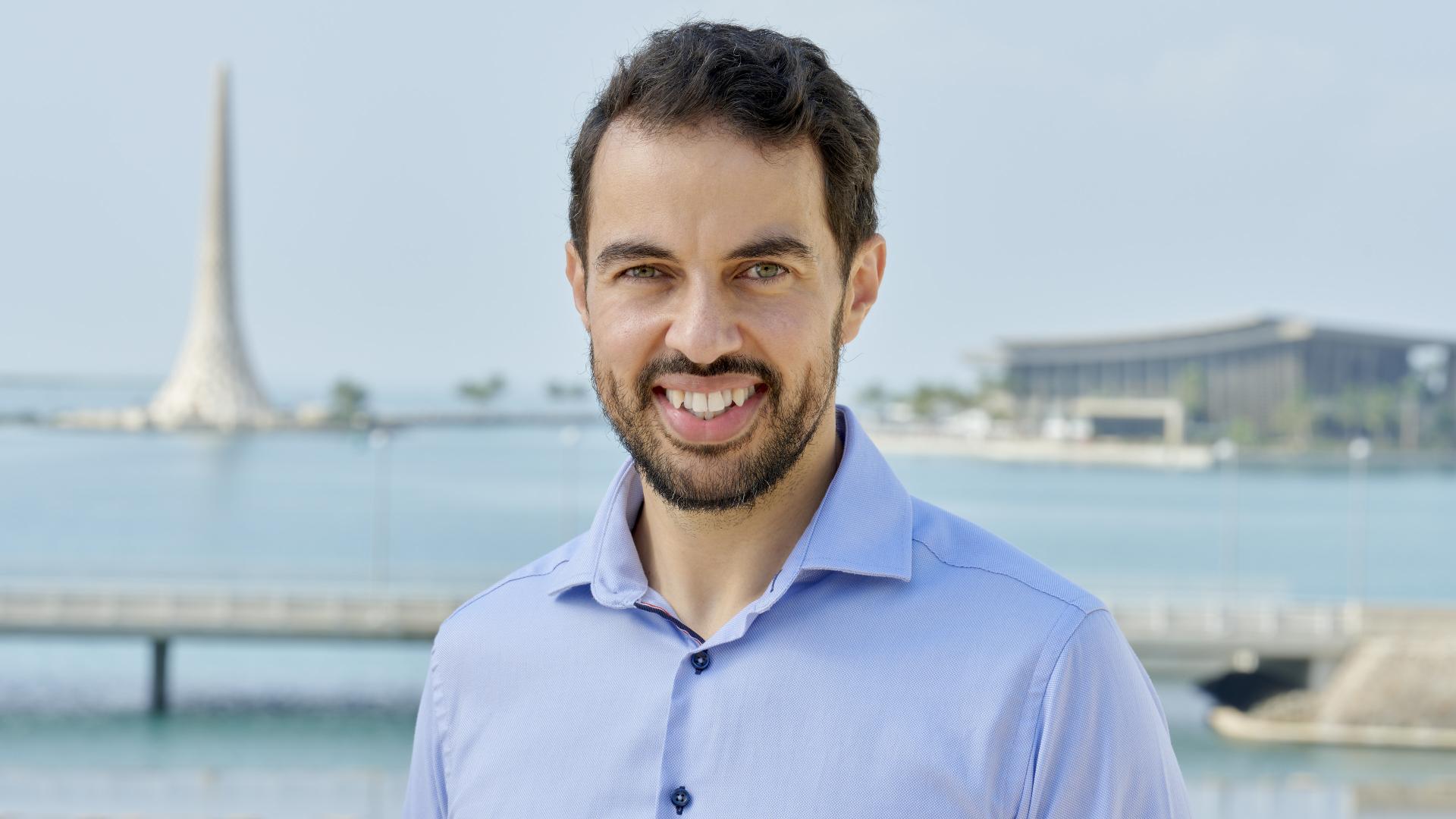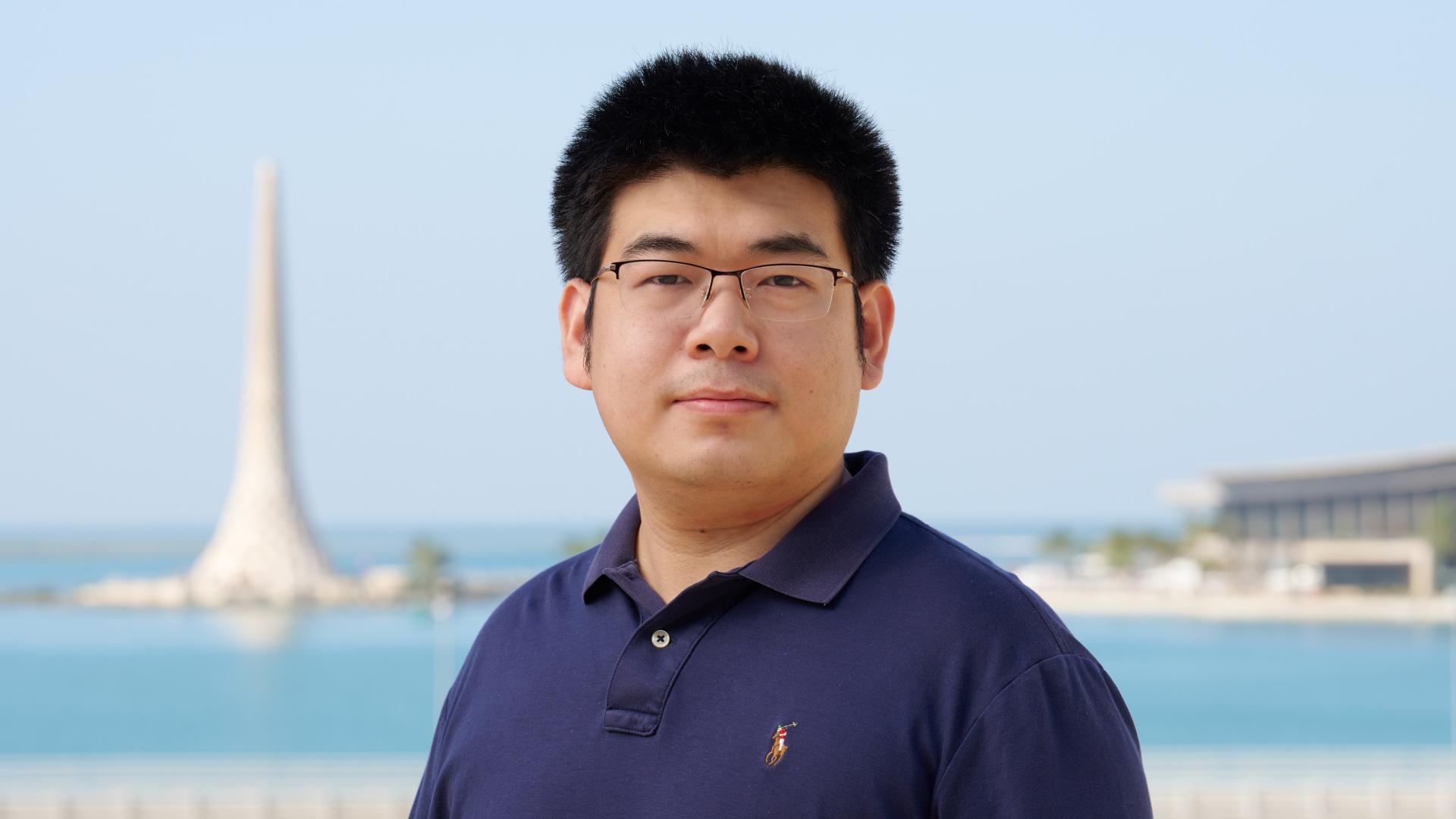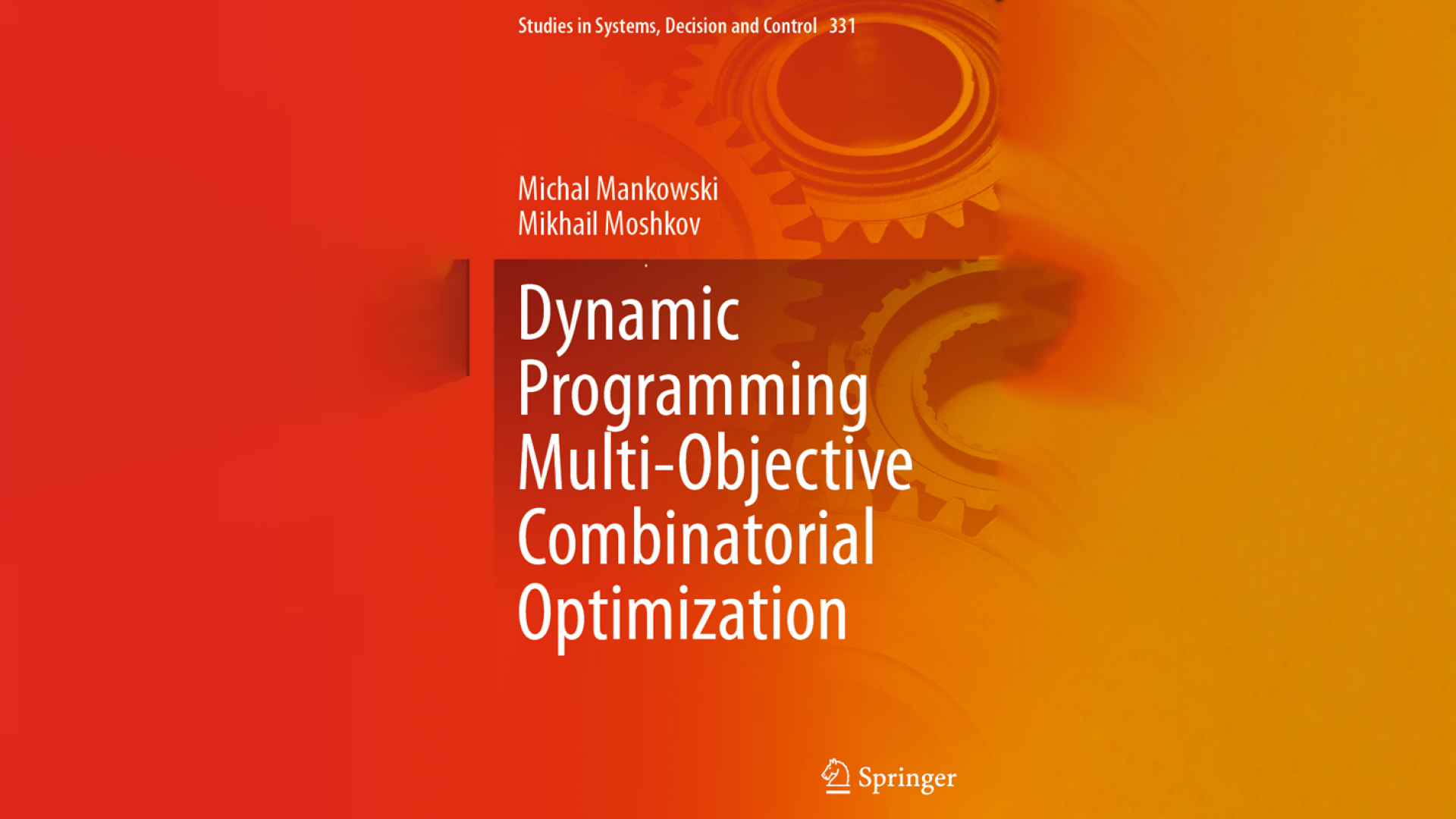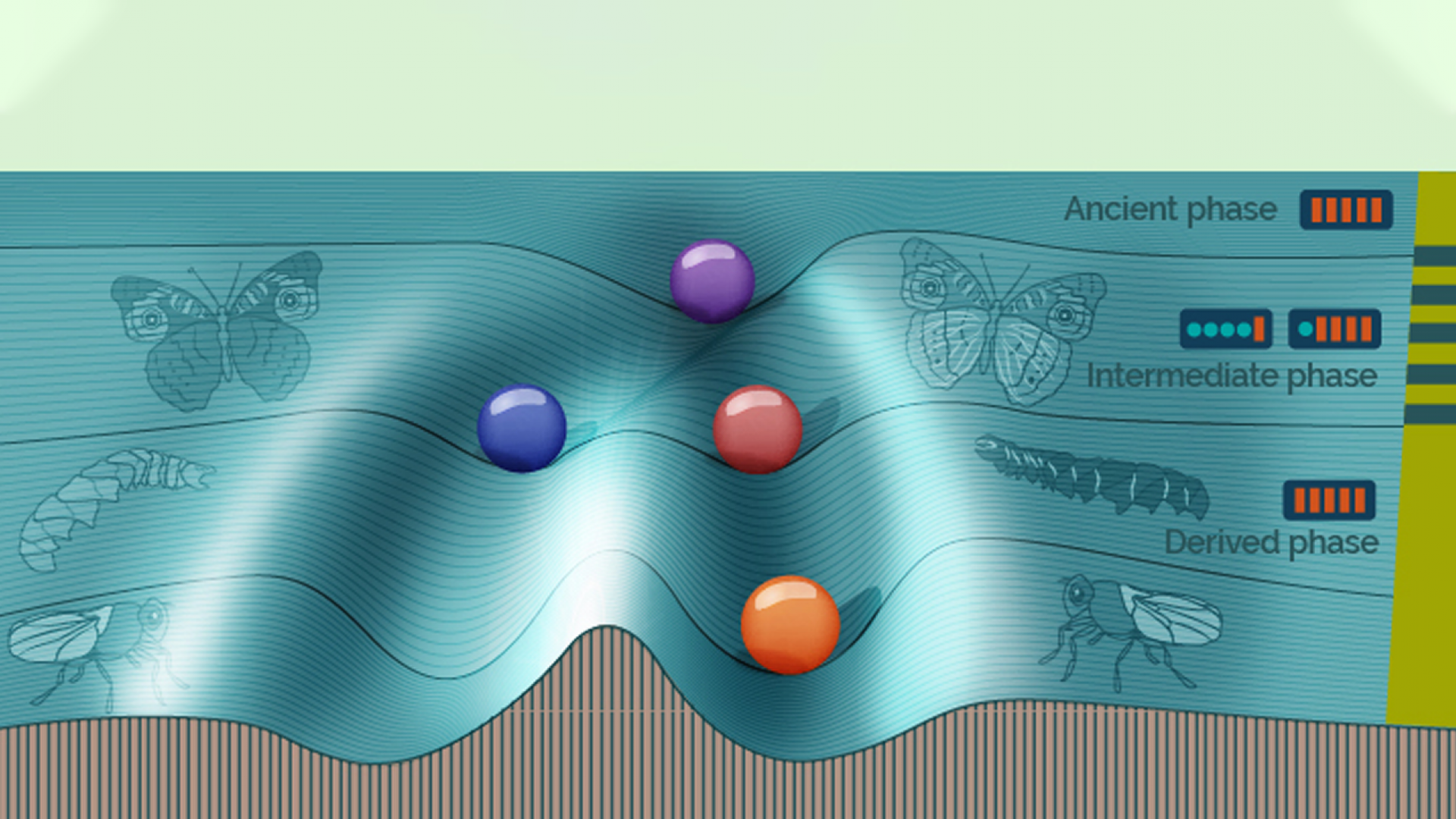Electrical and computer engineers take on complex modeling questions that can further our understanding of virus spread in small spaces.
The annual IEEE Computer Society Global Student Challenge provides an avenue for students worldwide to create innovative solutions to big data problems. This year’s competition, IEEE CS GSC 2021, encourages each individual or team (max three students) to present solutions to pre-determined problem/issue statement of relevance in CS today.
Laurent Condat, a research scientist based in the KAUST Visual Computing Center, has recently been appointed as an Associate Editor of IEEE Transactions on Signal Processing (TSP). The peer-reviewed journal covers novel theory, algorithms, performance analyses, and applications of techniques for the processing, understanding, learning, retrieval, mining, and extraction of information from signals.
KAUST Ph.D. student Dmitry Kovalev has been named one of nine recipients of the 2020 Ilya Segalovich Scientific Prize for Young Researchers. Awarded by the Russian multinational corporation Yandex, Dmitry received the accolade for his “significant advances in computer science.”
The foundation of building a successful academic career is generally thought to be the pursuit of excellence through specialization. Of course, the cross-disciplinary quest has its important place, but it's often thought of primarily as the fruitful collaboration between specialized entities or experts in particular fields.
Juan C. Pérez is a biomedical engineering graduate from Universidad de Los Andes, Colombia, who joined KAUST in January 2021. Juan first came to KAUST as an intern and was amazed by its excellent research atmosphere, environment, and resources. These factors served as an impetus in choosing KAUST as the destination to further his academic career.
Optimizing network communication accelerates training in large-scale machine-learning models.
Chronic kidney disease (CKD) is among the most common causes of death in Saudi Arabia. According to the 2018 edition of the Institute for Health Metrics and Evaluation’s annual Financing Global Health report, the prevalence of CKD among the Kingdom’s general population stands at 5.44% and accounts for a 4.04% mortality rate.
Zhenwei Tang, a telecommunications graduate from Beijing University of Posts and Telecommunications, China, joined KAUST in January 2021. Tang joined KAUST as a M.S./Ph.D. candidate and member of the Machine Intelligence & kNowledge Engineering (MINE) Lab under the supervision of Professor Xianglinag Zhang.
Suhaib Fahmy joins KAUST as an associate professor of computer science and the principal investigator of the KAUST Accelerated Connected Computing Laboratory (ACCL). Fahmy’s research explores novel ways to integrate accelerated computation and communication to achieve improved efficiency, latency, and security in computing systems — improvements he deems key considerations as computing continues to pervade all aspects of our lives.
Di Wang, assistant professor of computer science, joined KAUST in January 2021 to take up his new role as principal investigator of the KAUST Privacy-Awareness, Responsibility and Trustworthy (PART) Lab. Wang’s research interests include machine learning (ML), security, theoretical computer science, and data mining.
New book "Dynamic Programming Multi-Objective Combinatorial Optimization" by Michal Mankowski and Mikhail Moshkov is published by Springer.
A focus on the fundamental physics of cloud formation leads to highly realistic simulations of different types of clouds.
Some organisms evolve an internal switch that can remain hidden for generations until stress flicks it on.

